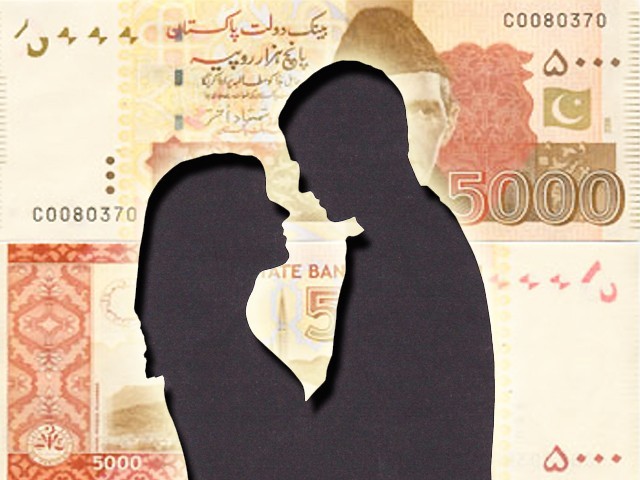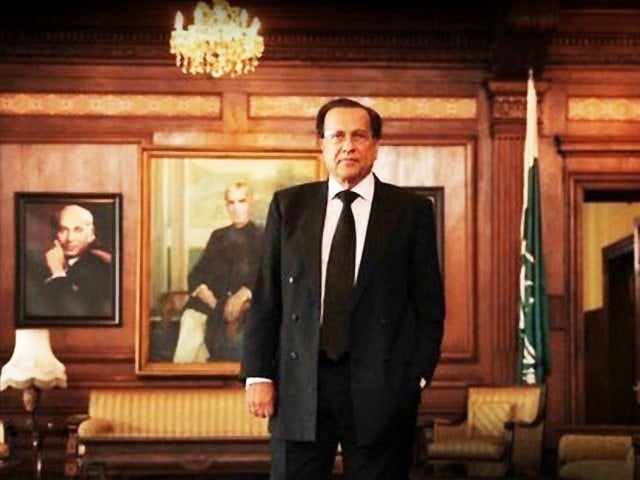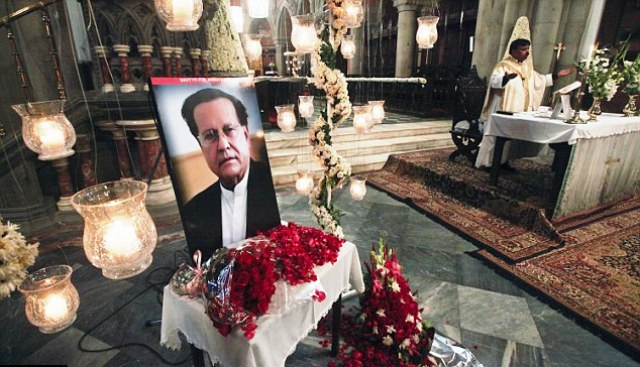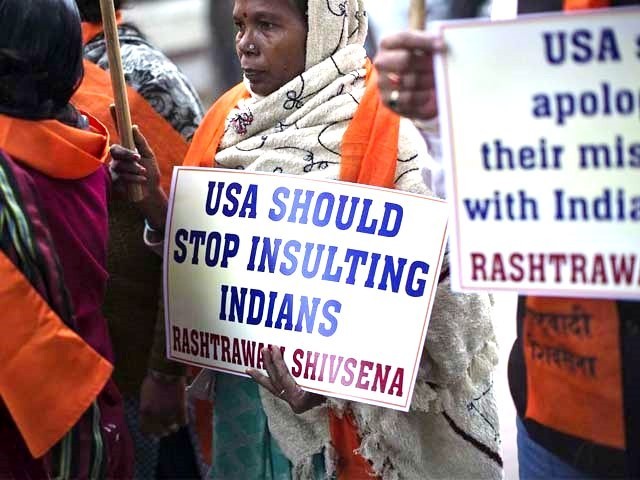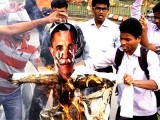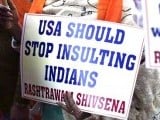CHAKWAL: At a distance of 40km in north-east of Chakwal city, lies Jand Awan village. Life in this sleepy village moves on as it does in any remote hamlet.
The road which leads to the village is in a shambles, particularly when one passes through Kaliyal village.
Jand Awan is known as the village of Lt-Gen (retired) Abdul Majeed Malik, who has remained MNA five times. Today his nephew, Maj (retired) Tahir Iqbal, represents his constituency in the National Assembly.
However very few outside this village know that in the village graveyard rests a man who was known as the ‘Fastest Man of Asia’.
Abdul Khaliq, who died on March 10, 1988 in Rawalpindi, was the sole athlete from Pakistan who raised his country’s flag high on the tracks during Melbourne Olympics (1956) and Rome Olympics (1960).
Khaliq won 100 gold medals in the national games, 26 gold medals and 23 silver medals in international games.
Be it the Asian Games of 1954 in Manila, Asian Games in Tokyo 1958 or the first Indo-Pak Meet 1956 in New Delhi, Abdul Khaliq not only grabbed the gold medal but also set new records.
Khaliq’s tremendous win in Asian Games 1954 (Manila) left a new record in the history of athletics as he finished in 10.6 seconds which forced the chief guest, Jawaharlal Nehru, to declare him ‘The Flying Bird of Asia’.
The recent Indian movie, Bhag Milkha Bhag besides paying tribute to India’s legendry athlete Milkha Singh also brought Khaliq to the limelight.
President Ayub Khan organised Indo-Pak Meet in 1960 in Lahore where Milkha Singh defeated Khaliq but for certain reasons.
Haunted by the memories of partition, Milkha Singh refused to contest in Pakistan. However, he was convinced by Nehru and according to columnist Javed Chaudhry, Milkha Singh did not run but flew in the race.
Several reasons are being given for Milkha’s victory, and one of them was that Khaliq was a sprinter of 100 metres while Milkha was a man of 200 metres. The debacle in Lahore was of 200 metres.
Khaliq was born on March 23, 1933, and became a famous player of Kabaddi in the area.
Once in a match, his performance was witnessed by Brig C.H.B. Rodham who was the head of Pakistan Army Sports Control Board at that time.
Rodham got Khaliq recruited in Army’s Boys Company whose task was to prepare the best athletes, and Khaliq proved his knacks.
He was among the prisoners of 1971 war and was respected by Indian authorities during his imprisonment.
The then Indian prime minister, Indira Gandhi, even decided to release him but Khaliq refused saying he would like to be released with his countrymen,” says Abdul Malik, Khaliq’s brother.
The craze for athletics seems to run in the family. Khaliq’s brother and three sons hold master degrees in physical education.
The younger brother, Abdul Malik, stood with his elder brother Khaliq in every match of athletics as he himself was also a known athlete in the ranks of army while the younger brother Master Altaf, who holds a master degree in physical education, has served as assistant education officer in the education department.
Khaliq has four sons. The eldest, Ghulam Abbas, after serving in the army is now working as a postmaster in the village while Mohammad Ashfaq, who was also a famous athlete in the army, died as the tractor he was driving turned over him near his village. The third son, Mohammad Ejaz, is now serving as a coach of athletics in Pakistan Sports Board while the youngest son, Abdul Razaq, is an instructor of physical education in the village school.
“I respect Milkha Singh a lot as he was a great human being but I felt a pain while watching the movie,” says Abdul Malik.
The sense of this pain is justified as our rulers are still not ready to do anything in honour of our great athlete, Abdul Khaliq.
When asked, Abdul Majeed Malik confessed that he did not do anything for Khaliq. “I realise this but now I would try my best in this regard,” he said while talking to Dawn.
India has immortalised its legend Milkha Singh by making a movie on his life but in Jand Awan village, family members of Khaliq ask, “Has Khaliq run in vain”?




